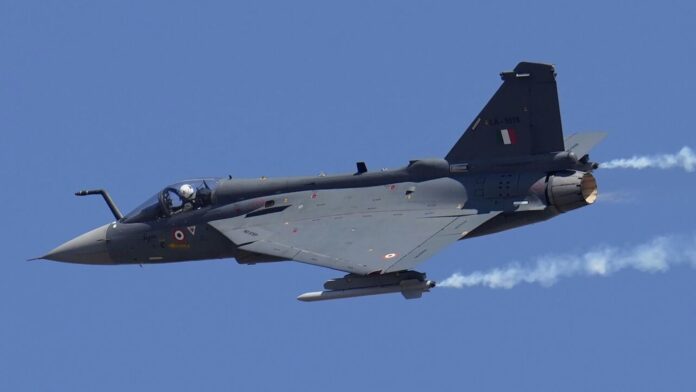US defence giants Boeing and GE Aerospace are emerging as the common bottleneck. The setbacks have grounded some operational squadrons.
NEW DELHI: Two of India’s most critical military aviation projects — the Apache AH-64E attack helicopters for the Army and the Tejas Mk-1A fighter jets for the Air Force—are facing extended delays, with U.S. defence giants Boeing and GE Aerospace emerging as the common bottleneck. The setbacks have grounded some operational squadrons and raised fresh concerns about India’s dependence on foreign vendors, even in strategically vital programmes.
The Indian Army raised its first Apache squadron — the 451 Army Aviation Squadron — in March 2024 at Nagtalao, Jodhpur, in anticipation of receiving six AH-64E helicopters procured from Boeing under an $800 million deal signed in February 2020 during U.S. President Donald Trump’s visit to India.
As per the contract, all six helicopters were to be delivered by February 2024. However, citing supply chain disruptions and technical issues, Boeing postponed the timeline. In September 2024, as reported by The Sunday Guardian, Boeing revised its schedule, targeting deliveries by February 2025. As of June 2025, however, not a single helicopter has arrived. A new timeline has now been shared informally. Current estimates suggest that the first batch may arrive by next month, with the remaining three following by October–November, marking a delay of over 18 months from the original schedule.
The result: the newly formed squadron remains non-operational, despite being fully staffed and equipped on the ground.
Simultaneously, the Indian Air Force’s efforts to induct the indigenous Tejas Mk-1A are stalled due to GE Aerospace’s failure to supply the F404 engines required to power the aircraft.
Hindustan Aeronautics Limited (HAL) Chairman C.B. Ananthakrishnan recently confirmed that HAL has six fully built Tejas jets awaiting engines. GE Aerospace was originally expected to deliver the engines in 2023. “Till date, we have received only one engine,” Ananthakrishnan said, adding that 12 engines are now expected in FY 2025–26.
The first six Tejas Mk-1As are now likely to be delivered to the IAF only by March 2026.
These delays have come under sharper focus since Air Chief Marshal A.P. Singh, speaking at the CII Annual Business Summit in May, flagged unrealistic project timelines and warned of their impact on operational readiness.
The twin delays are particularly damaging because they affect frontline squadrons and high-visibility platforms. The Apache fleet is intended to strengthen India’s armoured strike capability in desert sectors, while the Tejas Mk-1A is the lead platform in the IAF’s efforts to replace ageing MiG-21s.
That both systems are being held back not by domestic readiness but by US-based defence contractors highlights the continuing strategic risks in India’s foreign-linked supply chains — and the possibility of deliberate delays for geopolitical reasons.
Even programmes projected as indigenous — like Tejas — remain exposed to disruptions beyond India’s control.








